Tokyo 2020 Olympics: Japan PM Shinzo Abe orders daylight saving time study
Athlete safety is a concern but the public and businesses are divided by the proposal
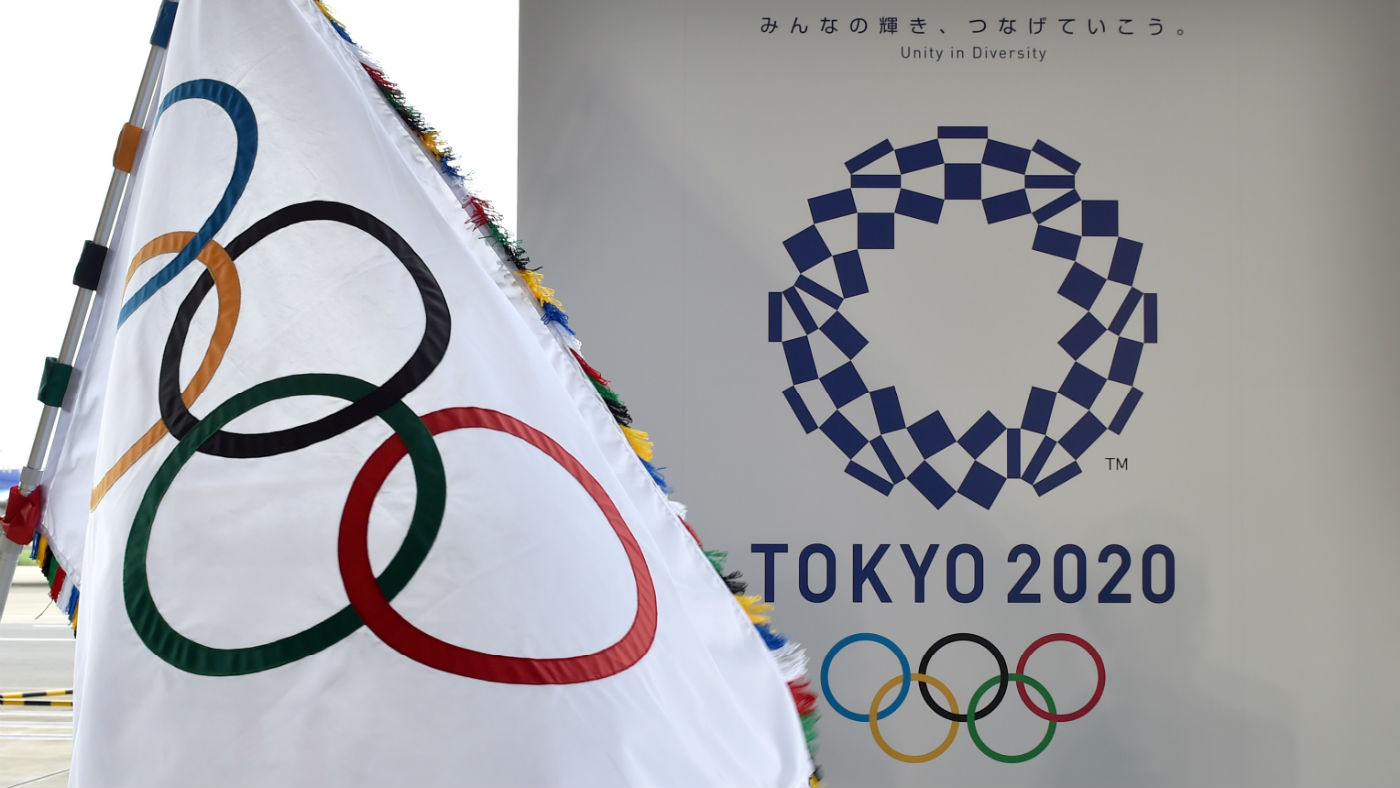
A free daily email with the biggest news stories of the day – and the best features from TheWeek.com
You are now subscribed
Your newsletter sign-up was successful
Japan’s prime minister Shinzo Abe has instructed the country’s ruling Liberal Democratic Party to conduct a study into the introduction of daylight saving time for the 2020 Olympic Games in Tokyo.
The Games are scheduled for July and August - Tokyo’s hottest and most humid months - and there are concerns over athlete safety during the intense heat.
The Japan Times reports that Olympic officials are “considering a plan to move clocks two hours forward”, but the public and business sectors are divided over the plans. The BBC says the proposal has seen “major opposition on social media with many worried it would result in longer working hours”.
The Week
Escape your echo chamber. Get the facts behind the news, plus analysis from multiple perspectives.

Sign up for The Week's Free Newsletters
From our morning news briefing to a weekly Good News Newsletter, get the best of The Week delivered directly to your inbox.
From our morning news briefing to a weekly Good News Newsletter, get the best of The Week delivered directly to your inbox.
While no plans have yet been confirmed, chief cabinet secretary Yoshihide Suga said the potential introduction of daylight saving time would have a major impact on people’s lives in the Japanese capital.
The BBC’s Tokyo correspondent Rupert Wingfield-Hayes writes: “A combination of the 2020 Summer Olympics and the 2018 summer heatwave have brought this issue to a head.
“There is genuine concern that the heat could put athletes’ lives at risk. And so, the Japanese government is considering moving the clocks forward two hours between June and August, on a trial basis next year, and then for the Olympics in 2020.
“But there could be resistance. Japan tried daylight saving once before - during the post-war American occupation.
A free daily email with the biggest news stories of the day – and the best features from TheWeek.com
“Workers complained the evening sunshine just allowed their bosses to keep them working even longer. In 1952 when occupation ended, daylight saving was abandoned.”
-
 The ‘ravenous’ demand for Cornish minerals
The ‘ravenous’ demand for Cornish mineralsUnder the Radar Growing need for critical minerals to power tech has intensified ‘appetite’ for lithium, which could be a ‘huge boon’ for local economy
-
 Why are election experts taking Trump’s midterm threats seriously?
Why are election experts taking Trump’s midterm threats seriously?IN THE SPOTLIGHT As the president muses about polling place deployments and a centralized electoral system aimed at one-party control, lawmakers are taking this administration at its word
-
 ‘Restaurateurs have become millionaires’
‘Restaurateurs have become millionaires’Instant Opinion Opinion, comment and editorials of the day
-
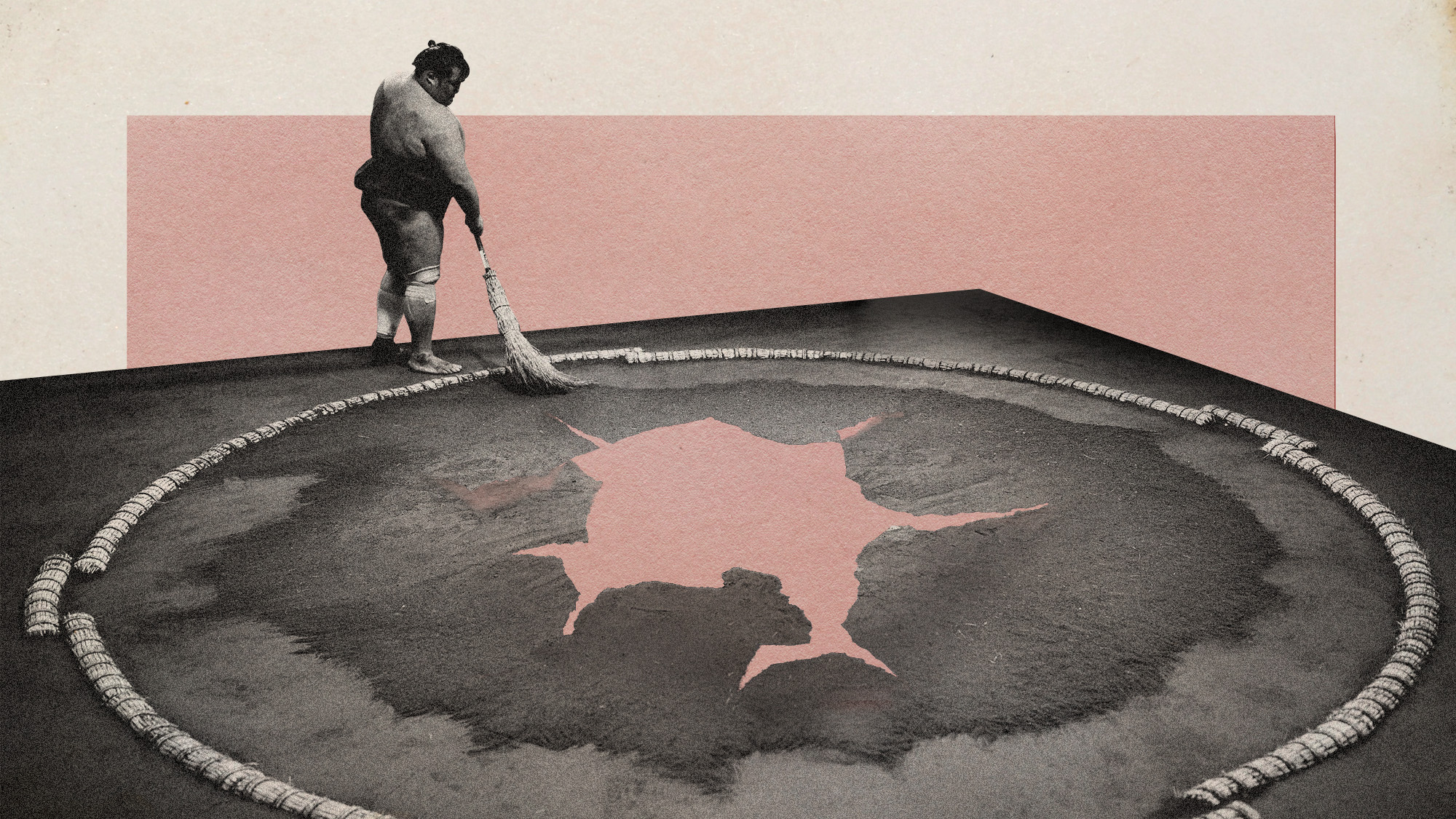 Sumo wrestling is taking a beating
Sumo wrestling is taking a beatingUnder the Radar Scandals and high-profile resignations of former stars have 'sullied' image of Japan's national sport – but could its latest star turn the tide?
-
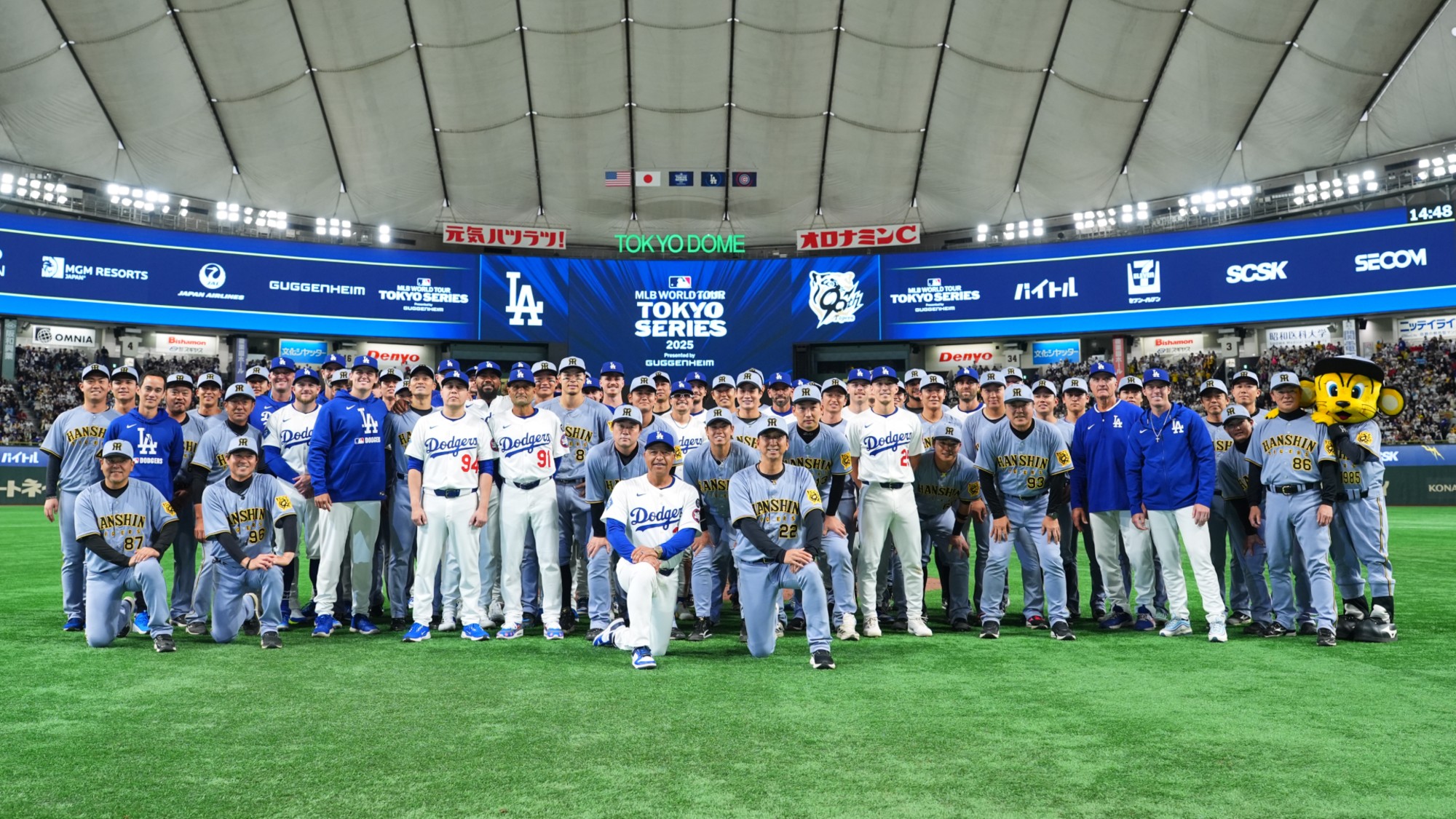 MLB is bringing home top talent from Japan's most popular sport
MLB is bringing home top talent from Japan's most popular sportThe Explainer Players like Shohei Ohtani have become the face of Major League Baseball
-
 Mason Greenwood: footballer arrested on suspicion of rape and assault
Mason Greenwood: footballer arrested on suspicion of rape and assaultSpeed Read Man Utd confirm the striker will not train or play until further notice
-
 ‘The greatest year of sport ever’: five headline grabbers from 2021
‘The greatest year of sport ever’: five headline grabbers from 2021In Depth Highs and lows from both on and off the pitch
-
 Handball: swapping bikini bottoms for tight pants
Handball: swapping bikini bottoms for tight pantsSpeed Read Women competitors will be required to ‘wear short tight pants with a close fit’
-
 Cristiano Ronaldo’s second coming
Cristiano Ronaldo’s second comingSpeed Read Last week, Manchester United re-signed the forward on a two-year deal thought to be worth more than £400,000 a week
-
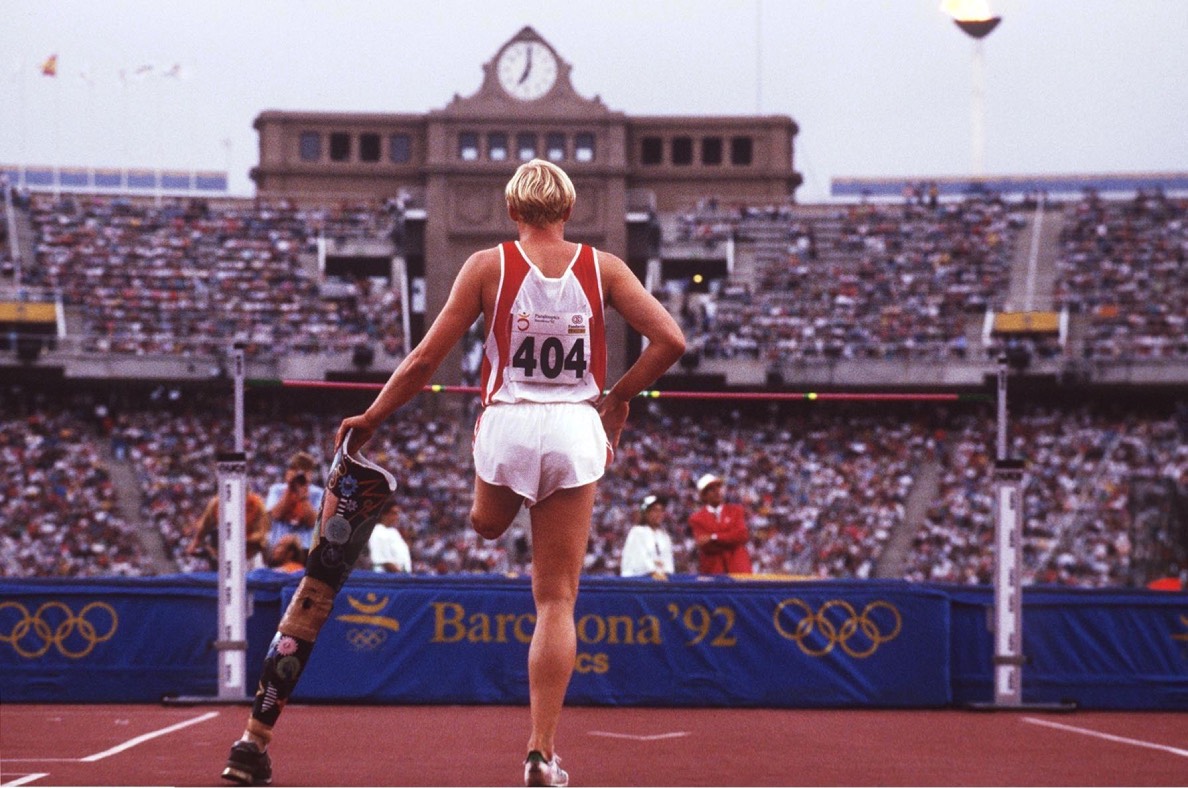 Timeline: a history of the Paralympics
Timeline: a history of the Paralympicsfeature Starting this week in Tokyo, the Paralympic Games has its origins in post-war Britain
-
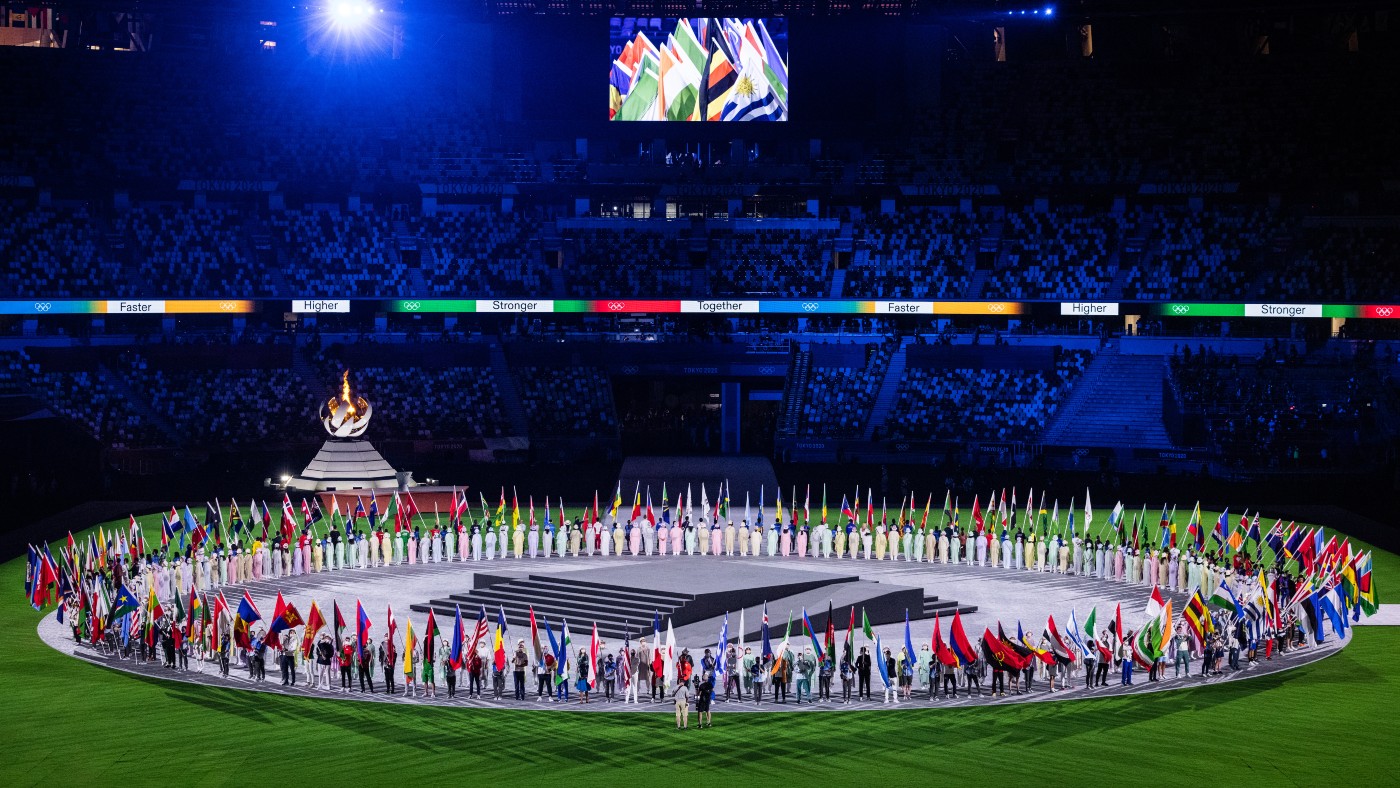 Tokyo’s ‘grand human opera’: a tonic for a weary world
Tokyo’s ‘grand human opera’: a tonic for a weary worldIn Depth Despite widespread ambivalence and fear, the Olympic Games managed to bring us together and lift our spirits